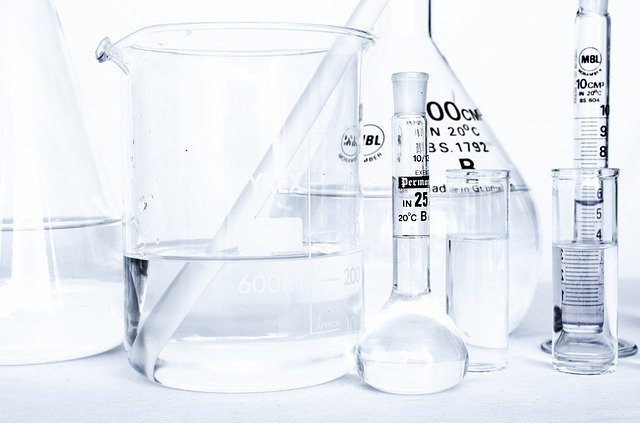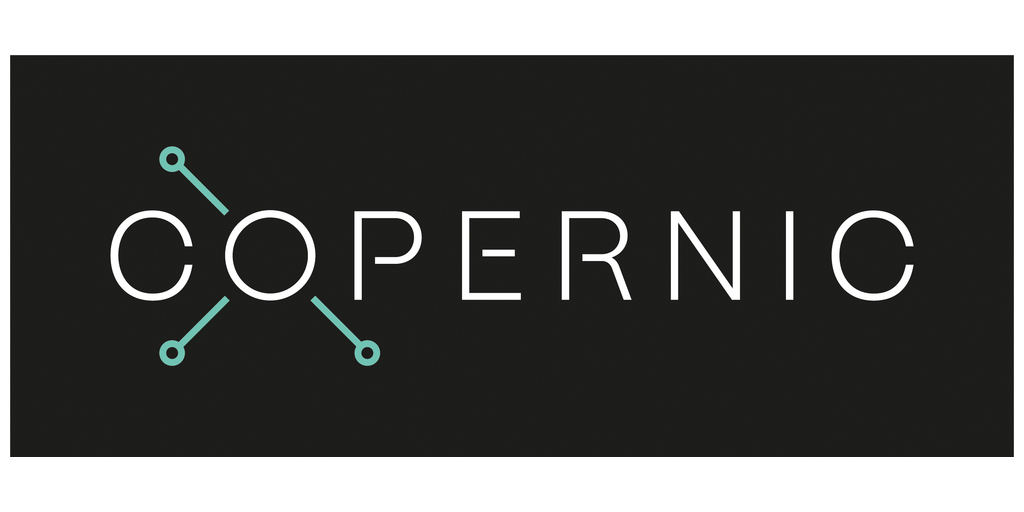
Copernic Catalysts in Research Collaboration With Schrödinger
to Accelerate Sustainable Catalyst Discovery
New strategic collaboration builds off success of previous cooperation on the development of an improved ammonia synthesis catalyst
CAMBRIDGE, Mass.–(BUSINESS WIRE)–Copernic Catalysts, Inc. (Copernic) today announced an exclusive four-year research collaboration with Schrödinger, Inc. to help accelerate the discovery and development of sustainable catalysts for applications in e-fuels and bulk chemicals. The collaboration enables Copernic to leverage Schrödinger’s technology platform, in conjunction with Copernic’s expertise in catalyst design and scale up, to enhance the discovery of novel materials. Better catalysts would lead to faster, more energy-efficient chemical reactions, advancing the decarbonization of the energy and chemical industries.
To date, Copernic has raised $7 million in dilutive and non-dilutive funding, including a seed round led by Engine Ventures and Future Ventures and a prestigious $3.5 million ARPA-E OPEN grant from the U.S. Department of Energy. Copernic’s expanded collaboration with Schrödinger grows out of a previous agreement, in which Copernic engaged Schrödinger for modeling support. This collaboration compressed what would normally take decades of research into a streamlined two-year effort to develop an improved, drop-in replacement catalyst for zero- and low-carbon ammonia synthesis.
Industrial ammonia production currently has a significant carbon footprint, accounting for almost half a billion tons of carbon emissions annually. Developing novel catalysts for the production of zero- and low-carbon ammonia would help significantly reduce the carbon footprint from ammonia-derived products like agricultural fertilizer. Novel catalysts may also help make the production of green ammonia more cost-effective, enabling its widespread use in the energy sector as a zero-carbon shipping fuel, as a vector for green hydrogen transport, and for low-carbon electrical power generation.
“Catalysts are the ‘workhorses’ of the chemical industry because they lead to faster, more energy-efficient chemical reactions. Accelerating catalyst discovery will fundamentally change how the hundred-year-old energy and chemical industries innovate and will significantly impact decarbonization,” said Jacob Grose, CEO and Co-founder of Copernic. “Partnering with Schrödinger allows us to add the power of computational technology – both physics-based simulation and machine learning – to our high throughput experimentation. Together, we can explore, discover, and develop rapidly scalable, cost-effective catalysts that can ultimately deliver zero-carbon chemicals and e-fuels economically.”
“Reducing the chemical industry’s carbon footprint is a critical challenge, and sustainable catalysts have the potential to help significantly decrease global emissions from shipping and energy production. Copernic is at the forefront of catalysis research and innovation, and we are proud to collaborate with the Copernic team, with the goal of designing environmentally beneficial solutions for the chemical industry,” stated Mat Halls, Ph.D., Senior Vice President, Materials Science at Schrödinger.
As part of the collaboration, Copernic and Schrödinger will work together to identify the key aspects of materials chemistry critical to improved catalyst performance. Based on these ideas, Schrödinger will leverage its computational platform to predict target properties of novel catalysts and identify promising candidates. Copernic will be responsible for testing and synthesizing the identified catalysts, scaling them up, and commercializing them. Financial terms of the agreement were not disclosed.
About Copernic Catalysts:
Based in Cambridge, MA, Copernic uses computational design and high-throughput experimentation to develop transformational catalysts for sustainable e-fuels and bulk chemicals. Copernic’s first target is an improved catalyst for ammonia synthesis, designed to be a drop in-replacement for existing catalysts that will operate at lower temperatures and pressures, thereby reducing both the Capex and Opex for all colors of ammonia. Future catalyst targets will be selected to maximize economic and environmental impacts. Copernic was founded in 2021 and has raised seed financing led by Engine Ventures and Future Ventures. Copernic was the recipient of a $3.5 million ARPA-E OPEN grant from the U.S. Department of Energy. Visit us at: coperniccatalysts.com
Contacts
Jacob Grose
CEO/Co-founder, Copernic Catalysts
Email: info@coperniccatalysts.com


